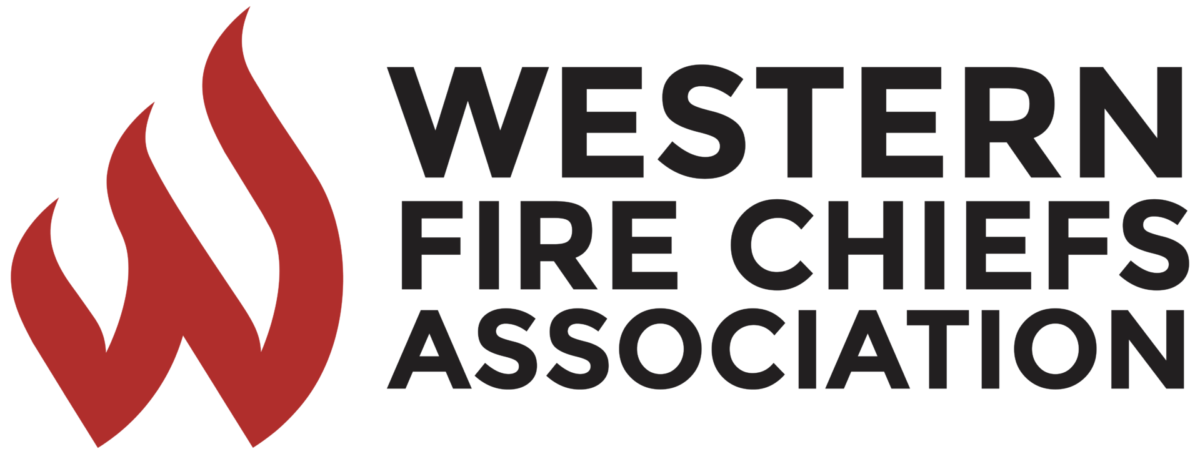AI in 911 Call Centers
An article recently shared in the Daily Dispatch discusses the use of artificial intelligence (AI) in a Charleston County 911 call center in South Carolina. The AI is used to streamline non-emergency calls, enabling 911 operators to prioritize dispatching first responders swiftly during emergencies. Chiefs Bob Horton and Jeff Buchanan discussed with the new Fire Headlines host, Samantha Didion, the potential of AI as a solution to staffing shortages.
Hear how AI was brought into a 911 call center and how it could be a potential solution to staff shortages in the latest episode of Fire Headlines by WFCA.
An article recently shared in the Daily Dispatch discusses the use of artificial intelligence (AI) in a Charleston County 911 call center in South Carolina. The AI is used to streamline non-emergency calls, enabling 911 operators to prioritize dispatching first responders swiftly during emergencies. Chiefs Bob Horton and Jeff Buchanan discussed with the new Fire Headlines host, Samantha Didion, the potential of AI as a solution to staffing shortages.
Director of the Charleston County Consolidated Emergency Communication Center, Jim Lake, is a member of the “Early Adopters,” an informal group of 911 call center leaders nationwide. They collaborate to explore the integration of cutting-edge technology into their offices amid staffing shortages that have long plagued the industry.
Lake teamed up with Amazon Web Services to integrate an AI-powered system that can answer administrative non-emergency calls that come through the “7200 number.” Callers who dial the 7200 number are screened by an AI call taker named Matthew, who requests a brief description of their call and forwards them to the appropriate number.
Staffing Shortages in 911 Call Centers
Chief Buchanan initiated this discussion by expressing his appreciation for technology that can enhance the lives of communication specialists, especially their psychological, emotional, and behavioral health. The daily life of a 911 operator can be especially stressful with the intensity and pace of the job. These employees frequently hear horrific stories from callers but rarely receive information about the resolution of the incidents. Moreover, they often have several calls waiting to be answered due to limited staff, adding another layer of stress. Unlike first responders such as firefighters or police officers, 911 operators do not have breaks between calls to decompress.
Chief Horton joins in the conversation saying, “This technology, this integration into our 911 centers, this isn’t a ‘nice to have,’ this is a necessity. We have reached a critical staffing shortage of dispatch centers across the country.” He continues to describe how underpaid they are and the lack of benefits they receive. 911 operators are classified as telecommunications operators rather than first responders, which results in them not receiving public safety benefits as firefighters, despite their role in providing lifesaving information over the phone in critical situations.
Listener Question
One of our listeners wrote to us and asked the panel, “If you could switch roles with anyone in the fire service, who would it be and why?” Chief Horton said his top choice would be an engineer. He shares a story of the one and only time he drove a fire engine, concluding by noting that, in his observation, engineers appear to be the ones who enjoy their jobs the most. Chief Buchanan reflects on his brief time as an engineer but says he would choose to switch to an arson investigator and voices his respect for the individuals in that role.
New Fire Headlines Host
This week the panel gave a shoutout to the original host of the podcast, Inanna Hencke. Like many at the Western Fire Chiefs Association, Inanna loves a good challenge and is always looking for what’s next. She has decided to take on a new career path and her family here at Fire Headlines is very excited to see where this takes her and is wishing her the best of luck. She was a huge part of getting Fire Headlines off the ground and making it what it is today.
The new host, Samantha Didion, was introduced by Chief Horton in this week’s episode. Samantha is originally from Ohio and made her move to Southern Oregon after completing her undergraduate degree to be a multimedia journalist at a TV news station. After a year of working in the news, Samantha joined a local fire department where she held the title of Community Engagement Coordinator.
She has now been at the Western Fire Chiefs Association since June of 2023 and is attending Washington State University to earn her master’s degree in strategic communications. Fire Headlines is excited to bring Samantha in and incorporate her journalistic and communication expertise into the show’s dynamic.
You can email Fire Headlines at [email protected].
Sign up for the Daily Dispatch to get the FREE daily newsletter of articles like these in your area, as well as industry developments and trends, at www.dailydispatch.com.



